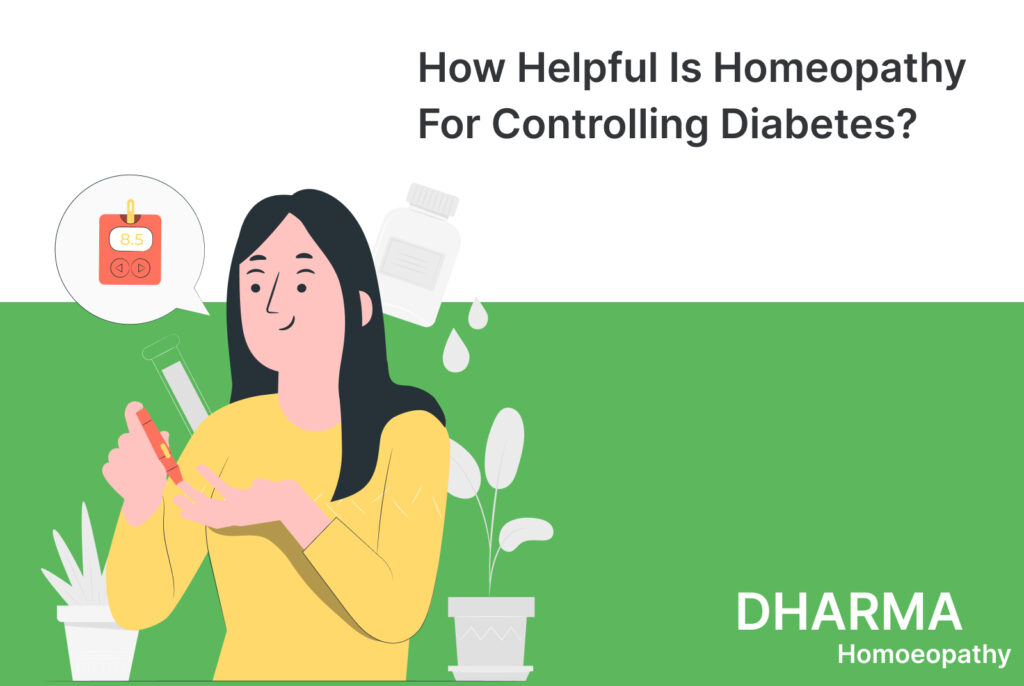Homeopathy is a type of natural medicine that believes the body can heal itself. It started in Germany in the late 1700s and uses small amounts of plants, minerals, and other natural things to help the body recover.
Homeopathic medicines function in a certain way. Let’s say you have a specific condition with a specific set of symptoms. A homeopathic remedy will function there if it is helpful for that particular illness symptom. However, it won’t have an impact on other places. As an illustration, we may argue that the homeopathic treatment of aconite is effective in certain situations.
On the other hand, traditional allopathic medications function universally. Some well-known allopathic medications, regardless of the origin or afflicted tissues, lessen inflammation in any area of your body.
These are the requirements for homeopathic medications. They thus don’t have any negative impacts. Homeopathy may cure mental stress, strengthen your immune system, and provide you with a healthy life in addition to specific disorders. Conversely, physicians who practice allopathy recommend antihistamines, antiparasitics, and antibiotics to treat allergies.
Therefore, the ways in which the two therapies function vary. Let us discuss this in more detail below.
What is Homeopathy? How Homeopathy Works?
In homeopathy, the way of treating people follows a specific system. For example, at Dharma Homoeopathy, the best homeopathy doctor diagnoses the issue and then suggests a treatment plan according to the patient’s symptoms. The aim of this treatment is to help the body heal itself by supporting its natural healing processes.
Effectiveness of Homeopathy
The way that homeopathic medicines work is distinct. In cases where an individual has specific symptoms associated with a health condition, homeopathic medicine tailored to address those symptoms is considered appropriate. Homeopathy is based on the “Like Cures Like” theory, which isolates the specific symptoms from other parts of the body. This focused strategy reduces the possibility of adverse reactions.
Conventional allopathic medicines, on the other hand, have a wider range of applications. For example, some medicines can decrease inflammation in every portion of the body, no matter where the inflammation is located or what caused it.
In addition to treating particular symptoms, homeopathic medicines improve general health. They have a reputation for strengthening the immune system, reducing emotional stress, and encouraging a healthy way of living. Conversely, allopathy frequently entails the prescription of antibiotics, antihistamines, and antiparasitics for a variety of ailments.
Differences Between Homeopathy and Allopathy
The specific organ or bodily component afflicted by a disease is usually the goal of allopathy. But there’s always a chance for adverse reactions to occur and for an infection to spread to nearby bodily areas. Homeopathy, on the other hand, is thought to be reasonably risk-free because it treats the full body as opposed to only the afflicted area. For individuals looking for a more all-encompassing kind of care, homeopathy presents an enticing alternative due to this basic shift in methodology.
Can Homeopathy and Allopathy Be Taken Together?
Many times, people wonder if they may use homeopathic medications in addition to allopathic ones. It’s a common misconception that homeopathic remedies, which are frequently in the form of sugar globules, don’t contain any active components that might harm the body. Prepared homeopathic drugs are far less potent due to the dilution procedure, which also lowers the possibility of adverse reactions.
Due to the perception that homeopathic treatments have little to no effect on the body, the combination of homeopathy and allopathy is frequently thought to be effective. Sometimes referred to as an alternative medicine, homeopathy provides a natural therapeutic method with little side effects.
Allopathic medicines can, however, have a number of adverse effects, so use caution when using them. Furthermore, concurrent use of allopathic and homeopathic medications may cause confusion, making it difficult to determine whether treatment is producing the intended outcome.
People with long-term medical illnesses including diabetes, high cholesterol, or thyroid problems can think about switching from allopathy to homeopathy. It is important to acknowledge that modifying the dosage of homeopathic medications may be imperative in addressing the severity of the ailments. It is not advisable to stop using allopathic medications suddenly, and therapy transitions should be handled carefully.
Conclusion
Before beginning any therapy, conventional or natural, it is advisable to see a physician. A physician knowledgeable about both forms of medication can support your continued safety and well-being. They may choose wisely since they are aware of what is in the medication.
It is feasible to utilize both sorts of medication if you so want. Regular treatment may have greater adverse effects, yet homeopathy can help with some conditions without harming the patient. Speaking with your doctor is crucial so they can create a strategy that works for you.
Ask Our Homeopathy Expert – Submit Your Questions and Get Personalized Answers!














